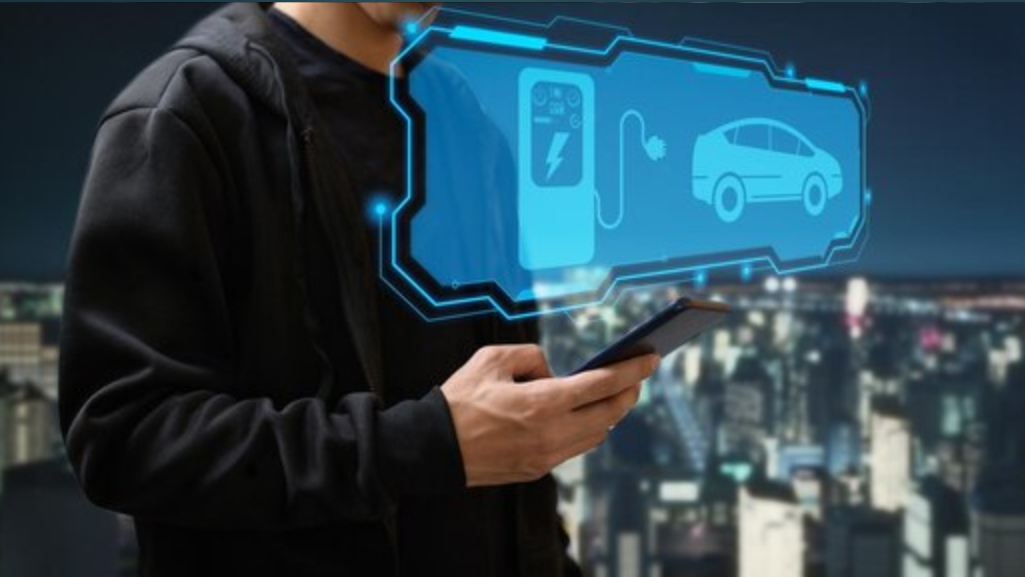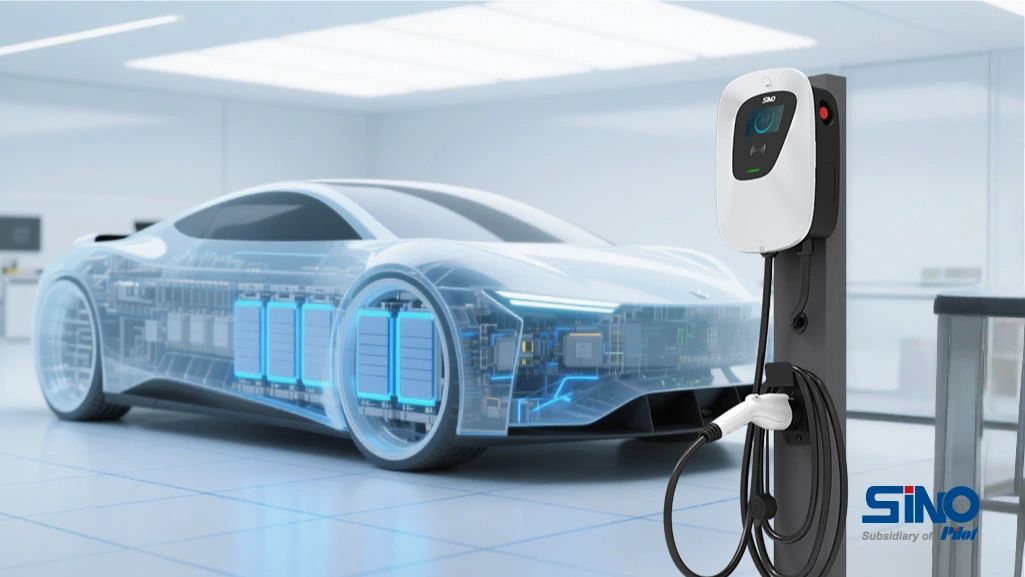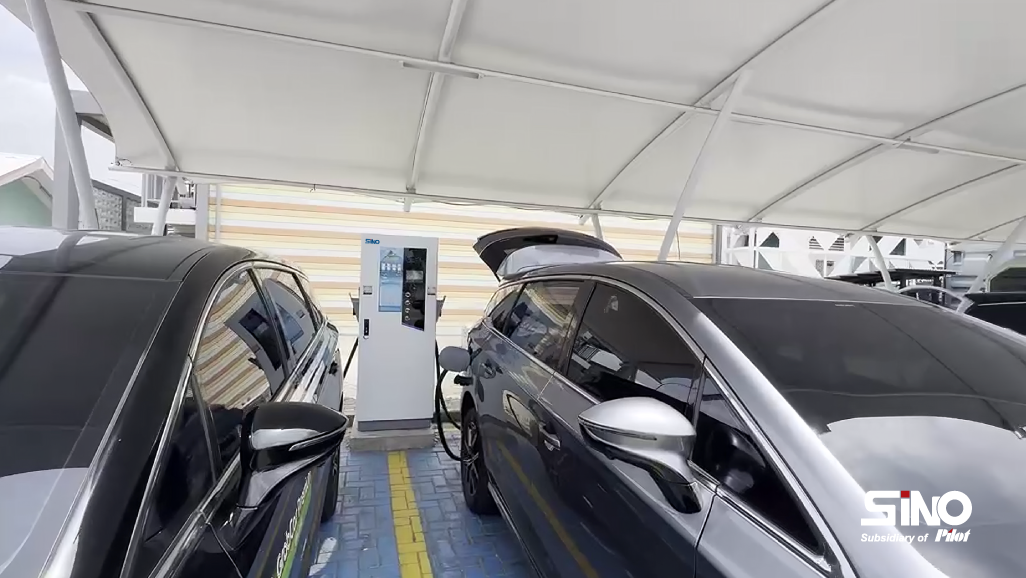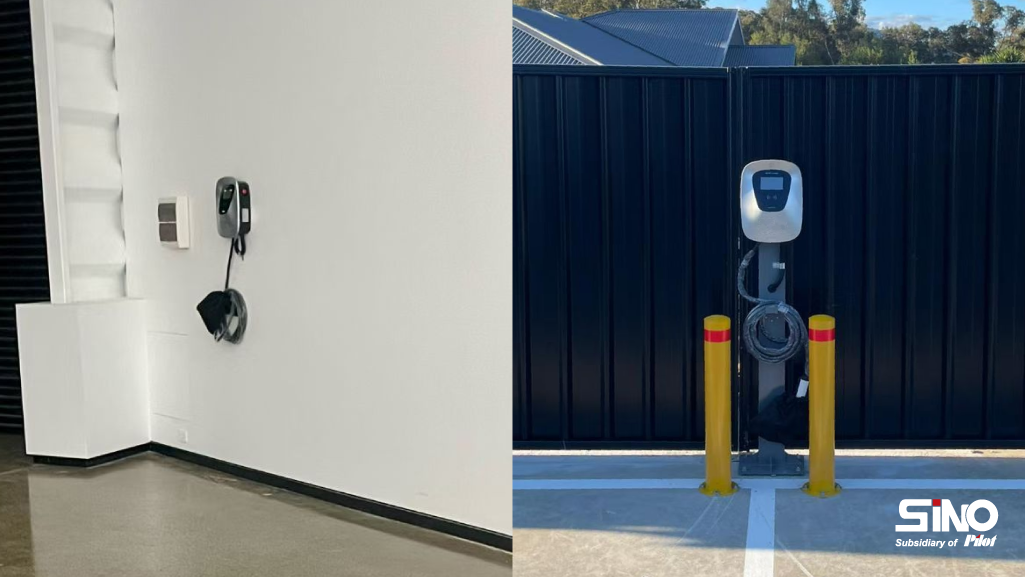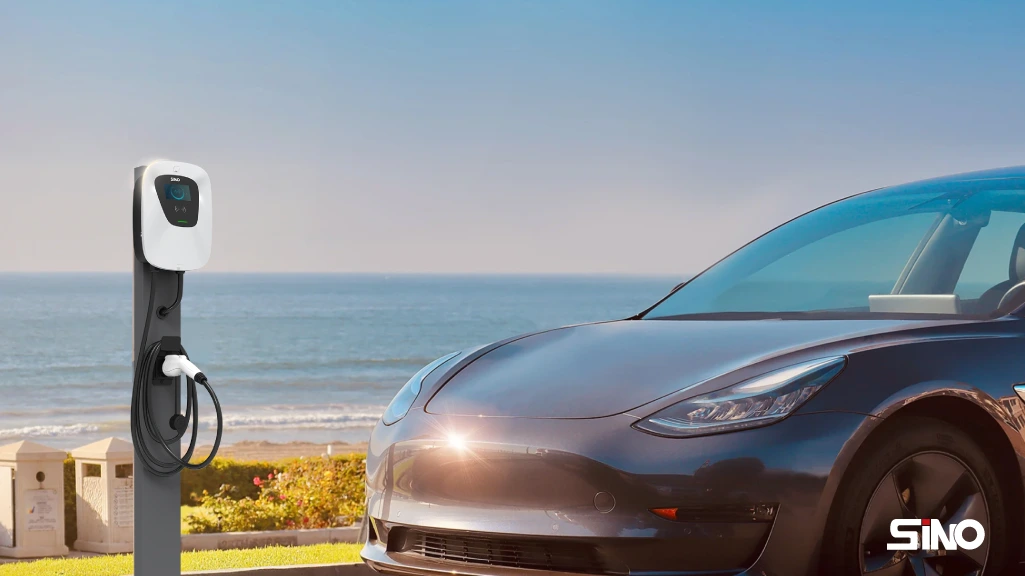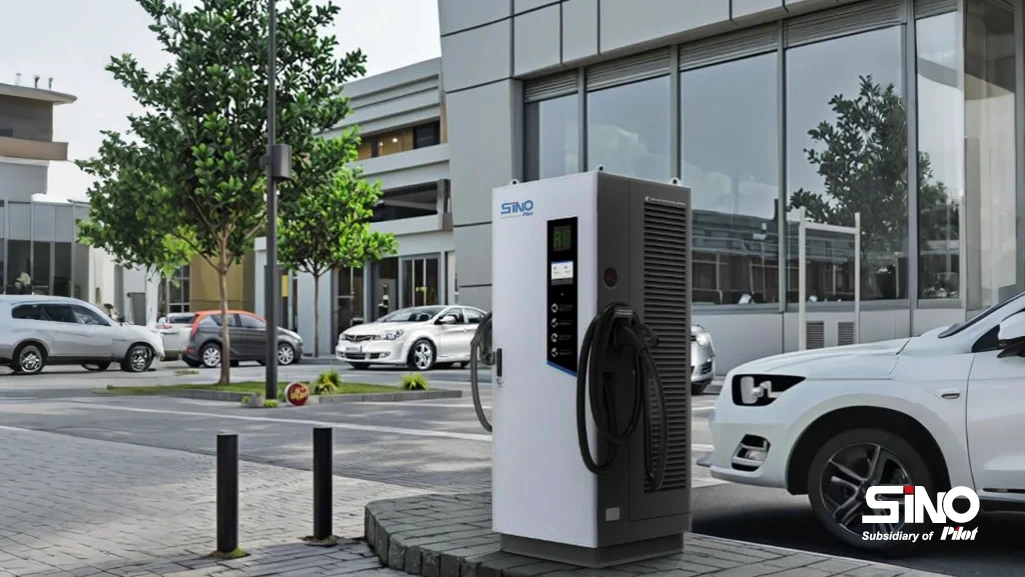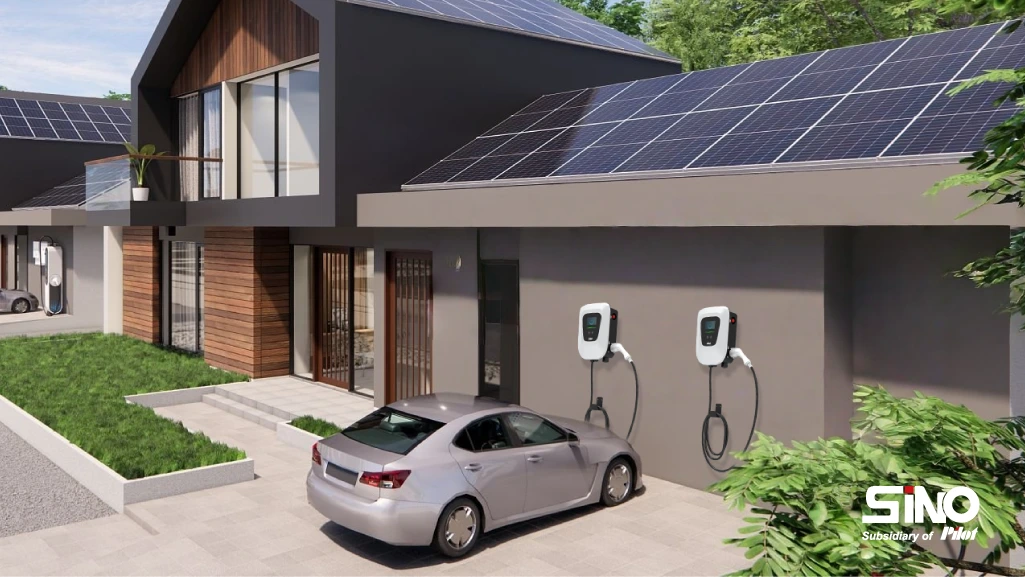The world is moving rapidly towards electric vehicles, but coming along with it is a new challenge: the cybersecurity of electric vehicle charging infrastructure. As more and more electric vehicle chargers will be connected to each other, depending on a continuous network, their potential for cyberattacks increases. These risks range from financial losses, service interruptions, and even grid stability to customer trust. So, what is one supposed to know about the cybersecurity of electric vehicle charging stations? This article is going to tell you.
Why Is EV Charging Cybersecurity Important?
The risk for EV charging infrastructure grows with greater complexity. Understanding these risks is a first step in developing a sound cybersecurity strategy.
Increasing Threats to EV Charging Infrastructure
EV charging stations operate on interconnected systems, communicating with management software, the grid, and user devices. While this connectivity improves efficiency, it also creates opportunities for cyberattacks. Additionally, challenges like long electric car charging time increase user frustration, which attackers could exploit to compromise systems.
Example: In 2023, a major EV charging network in Europe succumbed to a cyberattack that left its charging services disrupted for several locations. Hackers took advantage of software vulnerability and controlled the EV charging management system at will, producing long service disruptions and reputational consequences. Such incidents show the urgent need for enhanced cybersecurity measures.
Data Vulnerabilities in EV Charging Networks
EV charging networks acquire sensitive information from users, such as:
- Payment information
- Personal credentials
- Energy consumption patterns
This information may be transmitted or stored with insecure mechanisms, allowing it to be readily intercepted without proper security. Such a breach in information may affect fraud related to finance, theft of identity, or even unauthorized surveillance of user behaviors.
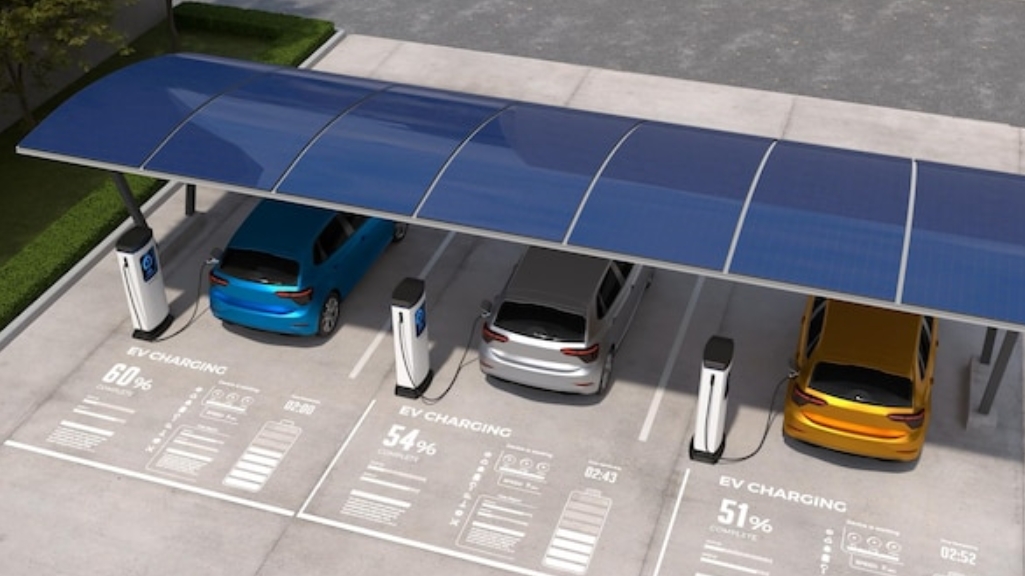
Key Risks in EV Charging Station Cybersecurity
Understanding the key risks in EV charging systems is necessary for threat management.
Compromised Charging Systems
Unsecured charging systems are vulnerable to unauthorized access. Hackers could:
- Disable charging stations, causing operational downtime.
- Manipulate settings to allow electricity theft.
- Alter pricing models, leading to financial losses for operators.
These disruptions not only affect individual users but can tarnish the reputation of the charging station network.
Grid Overload and Blackout Scenarios
Cyberattacks on several charging stations at once might artificially overload the grid. Concurrent operation of chargers at peak demand can knock the grid off balance and cause partial or full blackouts. These vistas constitute a serious threat to national energy security and public safety.
How to Protect EV Charging Infrastructure
Effectively, cybersecurity measures will reduce these risks and guarantee safety and dependability for the charging networks.
Implementing Secure Protocols
The backbone of secure EV charging networks is robust protocols. These include:
- Encryption: TLS 1.3 or similar encryption protocols that may be used to protect data in transit against interception.
- Authentication: Multi-factor authentication ensures that systems are accessed only by authorized users.
- Secure APIs: Ensuring communication between chargers and management platforms is protected against tampering.
Regular Maintenance and Updates
Cybersecurity is not a one-time thing but an ongoing process. The following shall be carried out by the operators routinely:
- Update firmware and software with newly discovered vulnerabilities.
- Conduct routine security audits to expose vulnerabilities.
- Update any outdated component that may not meet the current standards for security.
Routine maintenance is important to stay ahead of emerging threats. Many businesses are turning to custom EV charger solutions that allow tailored cybersecurity features to address specific operational needs.
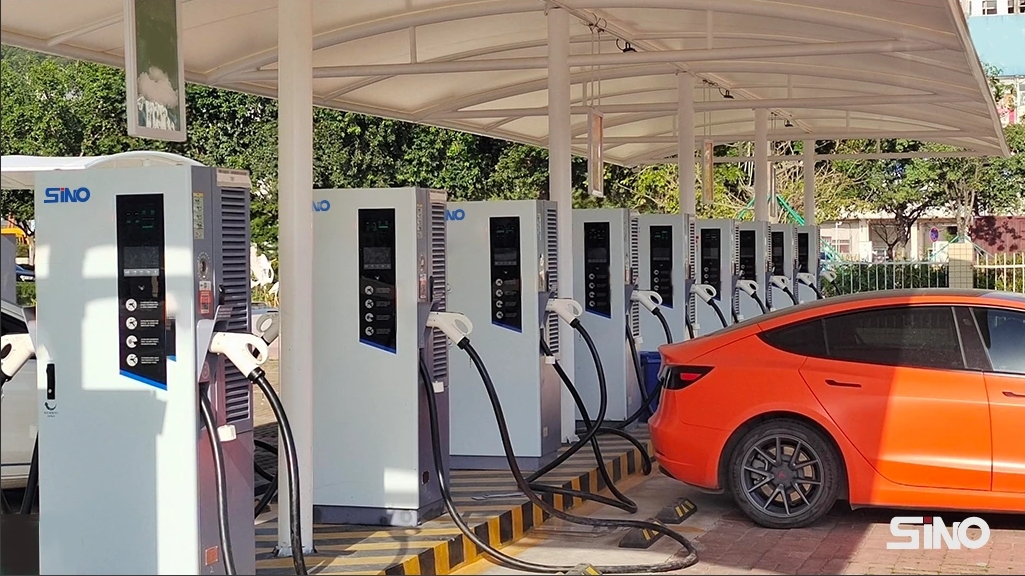
EV Charger Cybersecurity Best Practices for Operators
Operators are at the forefront in securing EV charging infrastructure. Best practices, if followed, can reduce the chances of a breach significantly.
SDL— Secure Development Lifecycle
Thus, security built-in at every step of development guarantees cybersecurity at every step in the building of EV chargers.
- Threat modeling within its design phase
- Regular code reviews with regard to vulnerabilities,
- Security testing before deployment.
Adhering to international standards such as IEC 62443 enhances the security of EV systems from inception to operation.
User Awareness and Education
The security awareness of users is just as important. Operators should:
- Encourage strong, unique passwords for charging apps.
- Advise users to avoid public Wi-Fi when managing their accounts.
- Clearly explain how to report suspicious activities.
Informed users act as an additional layer of defense against cyber threats.
Regulatory Frameworks Supporting EV Charging Station Cybersecurity
Global Standards and Compliance
International standards provide a baseline that secures EV charging networks. The key standards will include:
- IEC 62443: A detailed guideline on securing industrial automation and control systems.
- ISO 27001: Relates to the management of information security for charging networks.
Compliance with these standards is critical for EV charging station manufacturers to build secure and trusted solutions that align with global benchmarks.
Cybersecurity in the EV Industry
Governments and organizations across the globe are working together to counteract cybersecurity. Examples include:
1. The European Union’s NIS Directive: Requires cybersecurity measures to be implemented on critical infrastructures, which involve the EV chargers.
2. The United States’ CISA: Provides resources and guidance to help protect the energy infrastructure.
Such initiatives publicly underscore the necessity of public-private partnerships in countering cyber threats.

The Future of Cybersecurity for Electric Vehicle Charging Infrastructure
New Technologies such as AI in Threat Detection
Artificial Intelligence is transforming threat detection through real-time anomaly detection. The use of AI-powered systems has the following benefits :
- Detection and neutralization of attacks before causing serious damage.
- Learning from previous incidents to provide better security in the future.
AI will become even more crucial in the upcoming years as the technology progresses.
Building Resilient Smart Grids with Advanced Cybersecurity
Smart grids are the backbone of modern energy systems, and their security is paramount. Advanced cybersecurity measures, such as blockchain technology, enhance transparency and data integrity. The inclusion of these solutions provides smart grids with resilience against cyberattacks and assures uninterrupted energy supply.
FAQs
1. What are the primary cybersecurity risks regarding EV chargers?
Data breaches, system compromise, and overload of the grid due to cyberattacks.
2. How can I protect my EV charging station from cyberattacks?
Usage of secure protocols, periodic updating of software, and most importantly, users’ awareness of best practices can reduce risks.
3. Are public EV charging stations safe?
Users are also advised to use caution, such as avoiding the use of public Wi-Fi and keeping their accounts secure, since many stations are designed with strong security features.
4. Which standards govern the cybersecurity of the EV charging station?
Standards include the IEC 62443 and ISO 27001.
5. Why is cybersecurity important for EV charging infrastructure?
Cybersecurity guards or protects user data ensures proper operation, and prevents disruptions to the power grid.
Our Social
Facebook: www.facebook.com/sinoevc
Instagram: www.instagram.com/sinoevc
Linkedin: www.linkedin.com/company/sinoevse
Youtube: www.youtube.com/@sinoevc
Twitter: www.twitter.com/sinoevc

“Charging for A Better Life”
—Zhuhai Sino Energy Technology Co.,Ltd.



